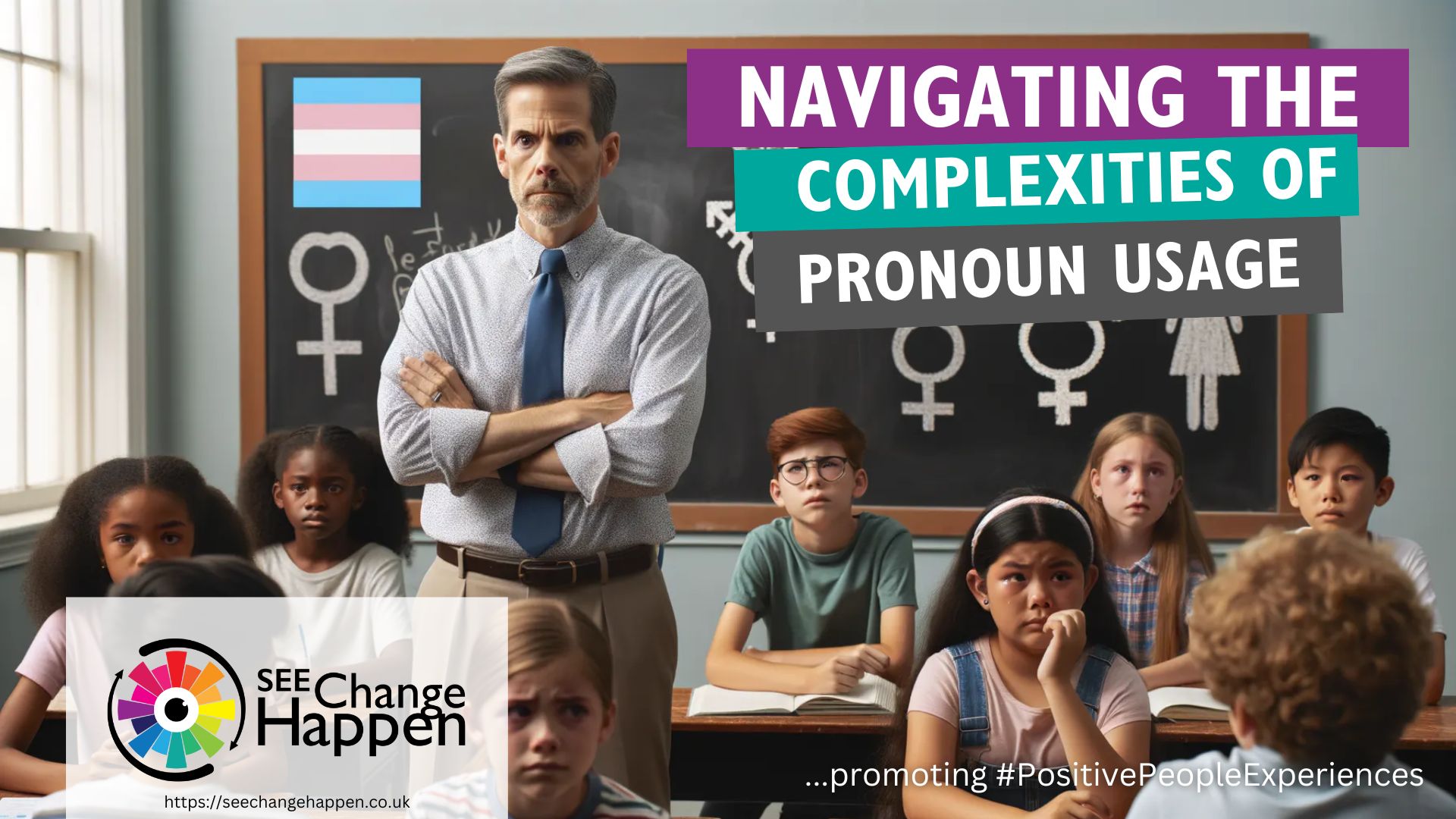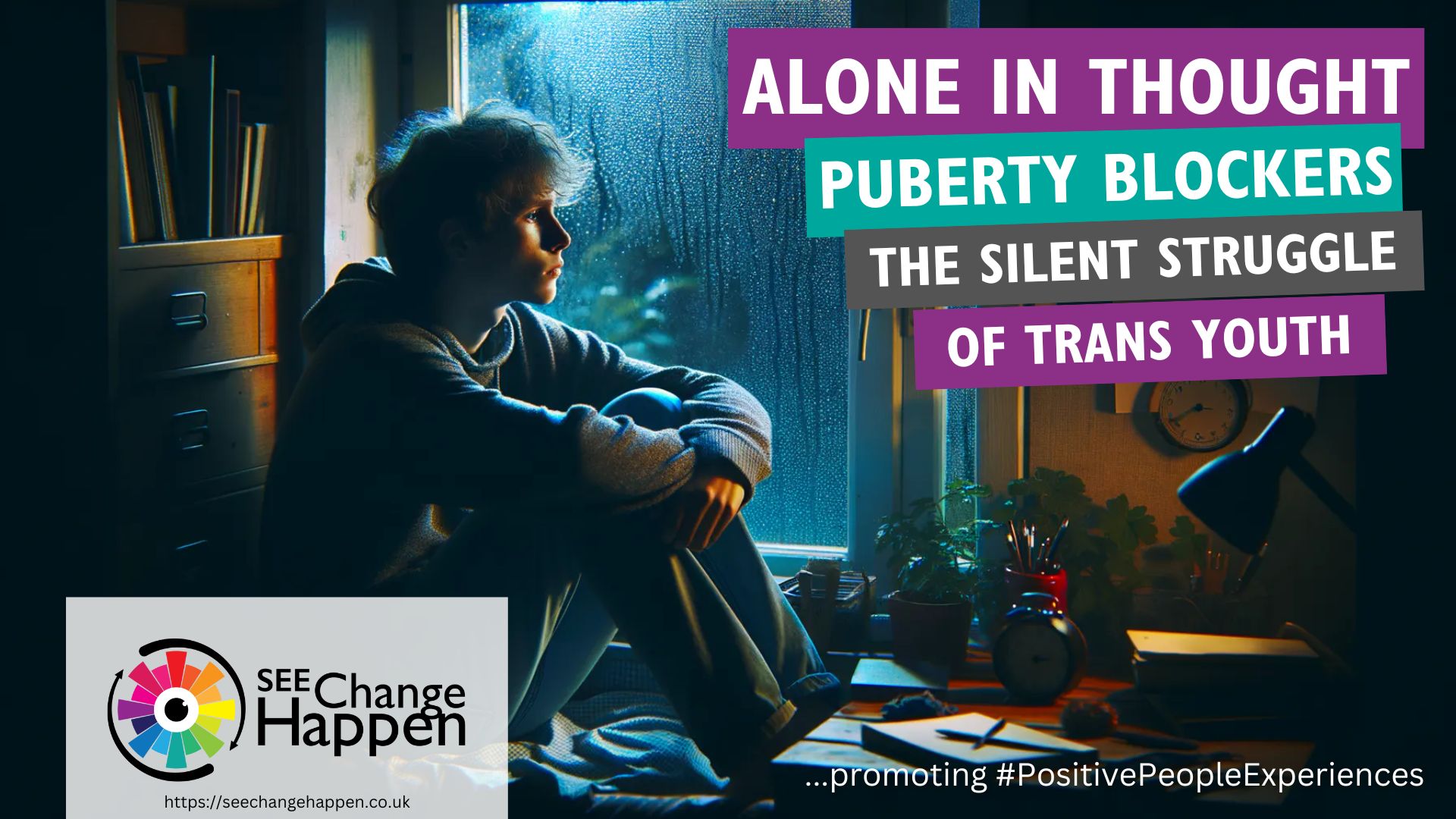Lessons from the Tribunal Case of Mr K Lister and New College Swindon
In a pivotal tribunal decision, the complaints by Mr K Lister of unfair dismissal and discrimination based on religion or belief against New College Swindon were evaluated and ultimately dismissed. This Bristol tribunal’s proceedings from 18-22 March 2024, extending into administrative sessions until 27 March, have shed new light on the complex interplay between individual rights and organisational responsibilities within the UK’s workplaces. This post examines the case details, the tribunal’s rationale, and proffers guidance for organisations striving to prevent similar claims.
The Tribunal’s Judgment in Detail
Deliberating exhaustively over Mr Lister’s self-represented claims and the counterarguments by New College Swindon’s legal representation, Ms Shepherd, the tribunal led by Employment Judge Livesey, alongside panel members Ms D England and Ms G Mayo, meticulously pored over the available evidence and submissions. Their handling of the case, from allowing remote participations to deliberating on anonymity requests under Rule 50, exemplified the tribunal’s commitment to a transparent and inclusive legal process.
At the heart of the case was the question of whether Mr Lister’s dismissal and alleged discrimination were rooted in hostility towards his religious beliefs or were instead legitimate actions taken in response to his behaviour and views on gender reassignment issues, bearing significant implications for the educational community at New College Swindon.
Learning Points for Organisations
The tribunal’s findings highlight several crucial learning points for both employers and employees, particularly about navigating the intricate landscape of workplace rights and responsibilities. Below are strategic steps organisations can adopt to avert similar claims:
Establish Clear, Fair Procedures
Organisations must ensure that their disciplinary and grievance handling procedures are transparent, equitable, and consistently executed. This not only aids in compliance with legal standards but also fosters a culture of trust and fairness within the workplace.
Educate and Train
Investing in comprehensive education and training programmes for employees and managers on topics including equality, diversity, and inclusion, especially around sensitive areas like gender identity, can equip everyone with the understanding necessary to navigate complex workplace issues sensitively and legally.
Foster Open Dialogue
Encouraging an environment where employees feel comfortable expressing concerns and beliefs, within the bounds of respectful discourse, can preempt misunderstandings or conflict. Simultaneously, it’s vital to balance this openness with clear policies about acceptable workplace behaviour to maintain an inclusive environment.
Regular Policy Review
Regularly reviewing workplace policies to ensure they reflect the latest legal developments and societal expectations around issues such as discrimination and fair treatment is crucial. Engaging with a diverse range of employees in this review process can provide valuable insights and foster a sense of ownership and respect for these policies.
Proactive Dispute Resolution
Adopting a proactive approach to dispute resolution that seeks to understand and address potential issues before they escalate can be beneficial. This might include mediation or informal resolution methods as first steps before formal procedures are enacted.
To Conclude
The tribunal case between Mr K Lister and New College Swindon serves as a poignant reminder of the ongoing challenges and responsibilities facing both employees and employers in the modern workplace. It underscores the necessity for policies that are not only legally compliant but also fair, inclusive, and reflective of society’s evolving understanding of identity and expression.
Organisations that prioritise educating their workforce, fostering open dialogue, reviewing policies, and adopting proactive dispute resolution stand the best chance of creating an environment where disputes like the one faced by New College Swindon are minimised. Through such measures, the workplace can become a space of mutual respect, understanding, and legal compliance.
Full Details of the judgement can be found here – Lister-v-New-College-Swindon.pdf (judiciary.uk)
Hashtags
#EmploymentTribunal, #WorkplaceRights, #InclusionAndDiversity, #PolicyReview, #ProactiveDisputeResolution, #EducationAndTraining, #FairTreatment






